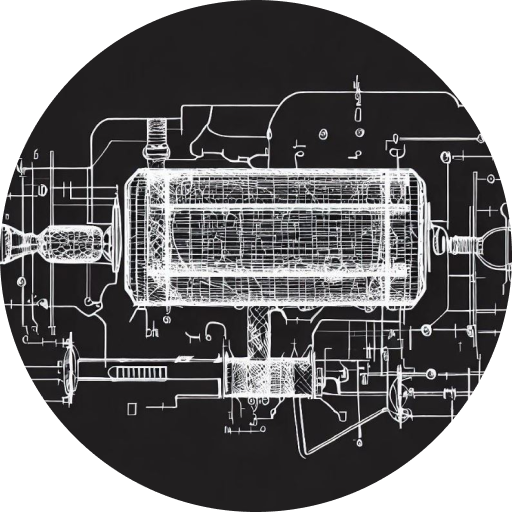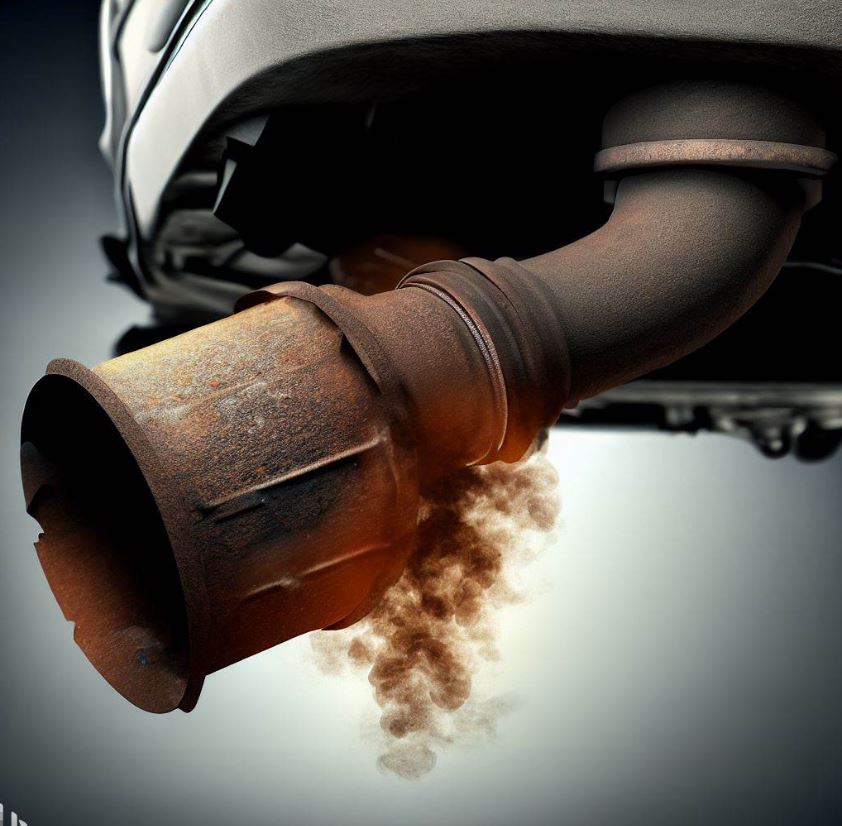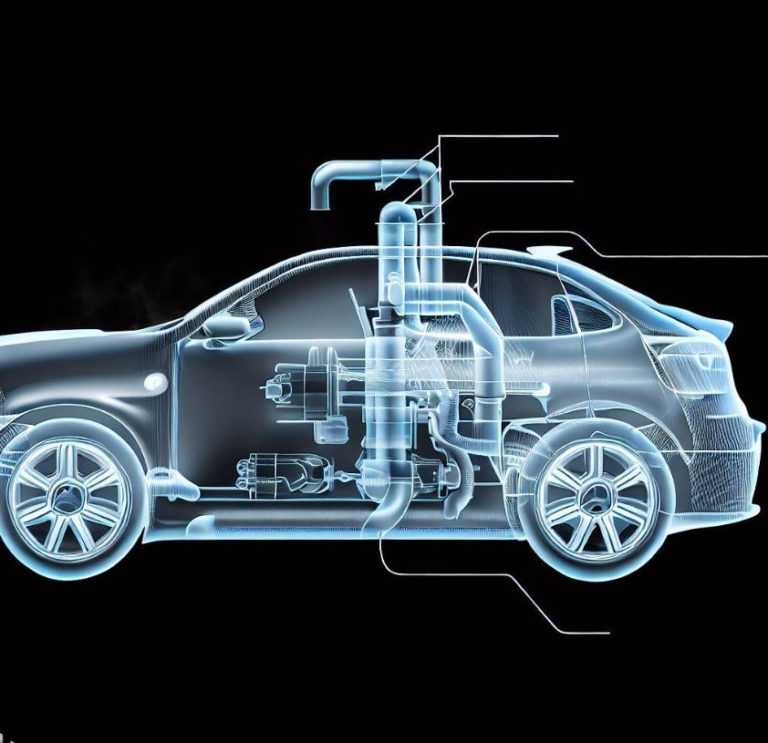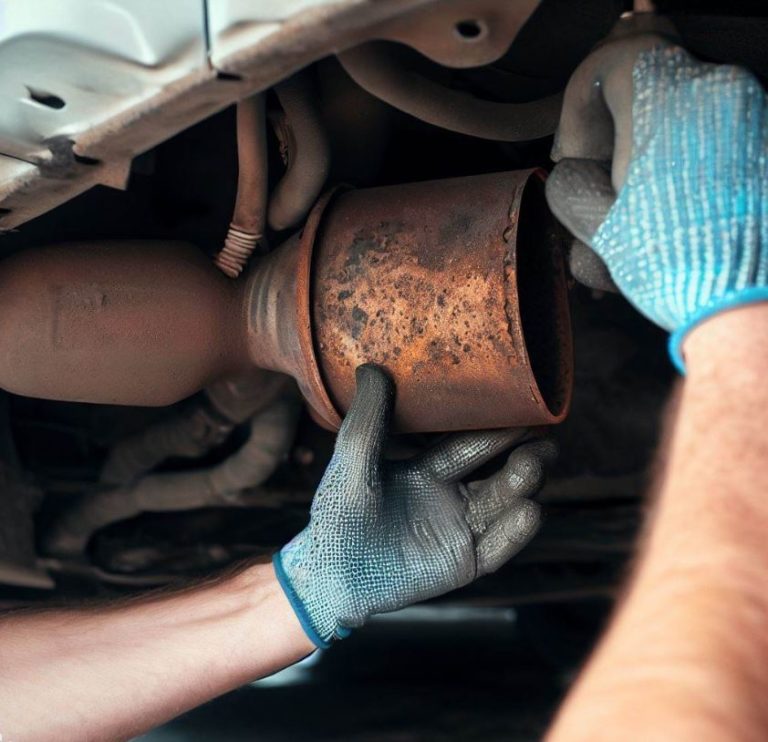Driving Without a Catalytic Converter: How Long Can You Go?
Driving without a catalytic converter is not only environmentally damaging, but it can also be legally and mechanically hazardous. A catalytic converter, as defined by the U.S. Environmental Protection Agency, is a component of your vehicle’s exhaust system that helps convert harmful gases into less detrimental ones. How long you can drive without one will depend on a variety of factors, including your vehicle’s make and model, local laws, and your vehicle’s computer system.
The Function of a Catalytic Converter
The main role of the catalytic converter is to reduce harmful emissions from your vehicle. It does this by converting carbon monoxide, nitrogen oxide, and unburned hydrocarbons into less harmful gases like carbon dioxide, nitrogen, and water vapor.
Legal Implications of Removing Your Catalytic Converter
Removing your catalytic converter can have significant legal implications. In many regions, it’s against the law to drive without a catalytic converter or to tamper with your vehicle’s emission system. Violations can result in hefty fines or even jail time.
Effect on Vehicle Performance
While it might seem like removing a part of the exhaust system would enhance vehicle performance, the reality is not so simple. Modern vehicles are designed with catalytic converters in mind, and their removal can often lead to poorer performance and damage to other components of the car, like the O2 sensors and the engine itself.
Potential Damages and Consequences
Driving without a catalytic converter can lead to an increase in the production of harmful gases, contributing to environmental pollution. Also, the removal of the converter may trigger a ‘Check Engine’ light, affecting the performance of your vehicle and potentially leading to more serious mechanical issues down the line.
Conclusion
While it might seem tempting to remove your catalytic converter, the potential drawbacks far outweigh any perceived benefits. From legal implications to mechanical issues, driving without a catalytic converter is risky and unnecessary. To learn more about the vital role of catalytic converters, we recommend you read “The Lifespan of Catalytic Converters: What to Expect” and “Understanding What Metals are Found in a Catalytic Converter“.
- Upgrade Your Honda Accord with the Best Catalytic Converter for Enhanced Performance - October 30, 2023
- Boost Your Chrysler 300’s Performance with a High-Quality Catalytic Converter - October 30, 2023
- Enhance Your Jeep Liberty Performance with a Catalytic Converter - October 30, 2023









